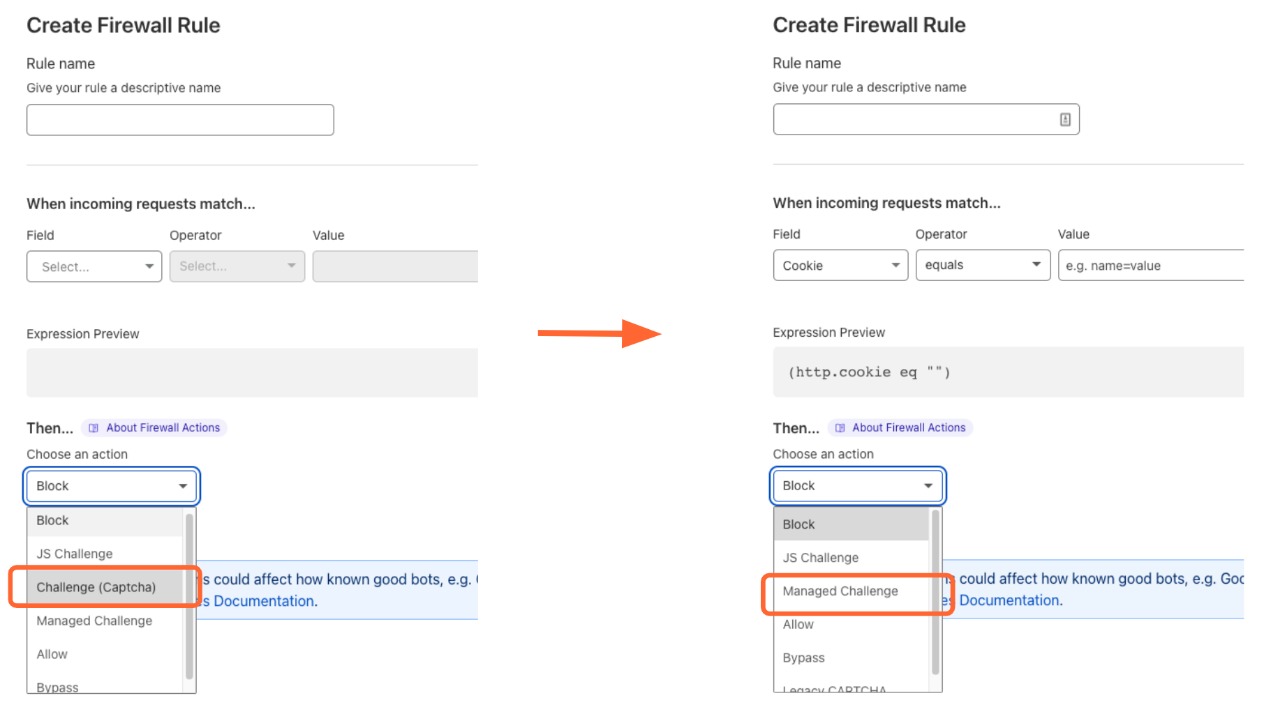Is your small business safe from cyber threats?
Many small business owners think that they don’t have to worry about cybersecurity, at least not as much as owners of large businesses do. This is a huge misconception.
Cybercriminals know that small businesses don’t have the security resources that large businesses do, so small businesses make easier targets.
We want to help you keep your business safe with a few of our top cybersecurity tips. Keep reading for our best cybersecurity advice so you can protect yourself.
-
Keep Up With Training
How often do you train your employees? If you’re like most employers, the answer is “not enough” or even “not at all.” Many employers only choose to do training sessions during the onboarding process, and they only train employees on necessary topics. This means that employees who aren’t working tech roles never get training about cybersecurity.
The world of cybercrime changes every day. It’s important that you keep your employees up to date so that they can stay safe.
Make sure that you do a training session at least once per year, if not more. If there are large security breaches in the news, use them as opportunities to teach your team.
Regular training might seem tedious, but it can save your business.
-
Always Update Your Software
Speaking of tedious, who actually updates their software every time their computer tells them to?
Don’t worry, we won’t judge. Everyone knows that those routine software updates can be a pain. They make you pause whatever you’re doing to restart your computer, and this isn’t convenient in the middle of a workday.
Believe it or not, sometimes these updates are more important than you would think. They often include helpful patches based on current security threats. They’ll keep you safe without you having to buy any extra software.
-
Delete Old Information and Accounts
Did you know that old information and accounts in your system might be putting you at risk of cyber-attacks?
If you have information about orders, customers, or even other employees, you need to properly dispose of it when it’s no longer useful. You’re providing more information for cybercriminals to access, and it’s not benefiting your business.
This is also true for abandoned accounts from employees and customers alike. Those accounts are access points that you might not be paying attention to because you’re no longer using them. This makes them a security risk.
Every so often, go through all of your files and accounts and get rid of anything that you no longer need. This will keep you safer.
-
Get High-Quality Security
What kind of tech security do you use for your business?
The average person only uses the bare minimum for their personal cybersecurity needs. They may use free programs that work well for individual use.
When you have a business, however, it’s best to invest in higher-quality security programs that can protect your business. It may seem like an unnecessary expense when there are plenty of free options on the web, but the enhanced features in premium security programs are crucial for your business.
Remember, you’re not saving money if your free programs allow access to cybercriminals.
-
Use Strong Passwords
Do you use strong enough passwords? Often, weak passwords are the culprit for simple cybercrime attacks. This one small mistake can cost you everything.
What makes a good password?
You want to make sure that you’re using an unusual combination of letters, numbers, and symbols. Try not to use actual words, but if you must, put them in an unusual combination.
While it’s tempting to use password generators, this isn’t the most secure option. Try to come up with your own random assorted numbers and letters on your own.
It’s also not a good idea to store your password anywhere on your computer. If you must write it down, keep it on a physical piece of paper somewhere that only you can find it.
This is going to be a lot of extra work, but it’s one of the best things that you can do to protect your small business from cybercrime.
-
Never Mix Professional and Personal Tech
Whether your employees work in an office or at home, make sure that you provide laptops and perhaps even phones. Sure, they can use their own devices, but that puts everyone at a greater risk of cybercrime.
When employees (or even yourself) use their personal devices for work purposes, they may make simple mistakes like using the wrong email. Their own devices are also easier to access due to the greater number of accounts that they use.
For example, social media accounts, shopping accounts, and every other account for personal use are potential avenues for cybercriminals.
Again, this might seem like an unnecessary expense, but it can save your business.
-
Hire a Managed IT Company
Have you considered hiring a managed IT company for your business? Many business owners consider this an unnecessary expense, especially if their businesses are still small. Why pay for an IT service when you could just do everything yourself or hire a contractor when necessary?
Hiring managed IT services in Brooklyn and worldwide also grants you access to business security (among other things). You aren’t just paying for a cybersecurity business, though; you’re paying for a full-service IT team.
In other words, hiring a managed IT company is a good investment and great protection against threats.
Follow These Cybersecurity Tips for Business Safety
These cybersecurity tips for small businesses can be life-saving. Your online security is everything. It protects your customers, your data, your money, and your reputation. If there’s one area of business that you can’t afford to cut corners in, it’s this one.
For more helpful articles all about business, tech, and more, visit the rest of our site.












